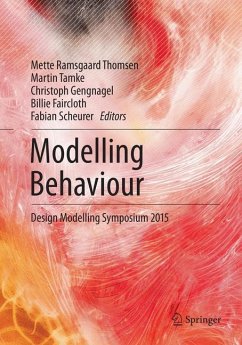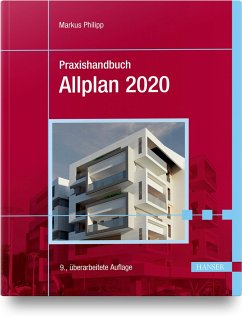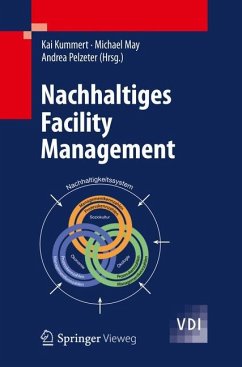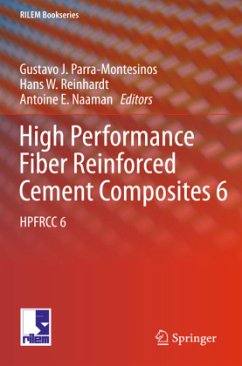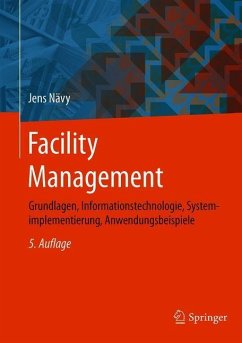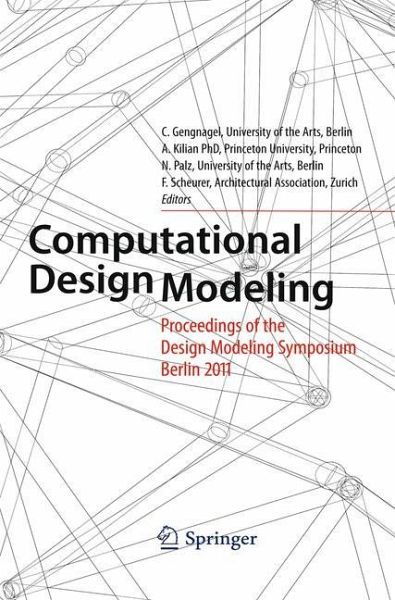
Computational Design Modeling
Proceedings of the Design Modeling Symposium Berlin 2011
Herausgegeben: Gengnagel, Christoph; Kilian, A.; Palz, Norbert; Scheurer, Fabian

PAYBACK Punkte
76 °P sammeln!
This book publishes the peer-reviewed proceeding of the third Design Modeling Symposium Berlin . The conference constitutes a platform for dialogue on experimental practice and research within the field of computationally informed architectural design. More than 60 leading experts the computational processes within the field of computationally informed architectural design to develop a broader and less exotic building practice that bears more subtle but powerful traces of the complex tool set and approaches we have developed and studied over recent years. The outcome are new strategies for a r...
This book publishes the peer-reviewed proceeding of the third Design Modeling Symposium Berlin . The conference constitutes a platform for dialogue on experimental practice and research within the field of computationally informed architectural design. More than 60 leading experts the computational processes within the field of computationally informed architectural design to develop a broader and less exotic building practice that bears more subtle but powerful traces of the complex tool set and approaches we have developed and studied over recent years. The outcome are new strategies for a reasonable and innovative implementation of digital potential in truly innovative and radical design guided by both responsibility towards processes and the consequences they initiate.





